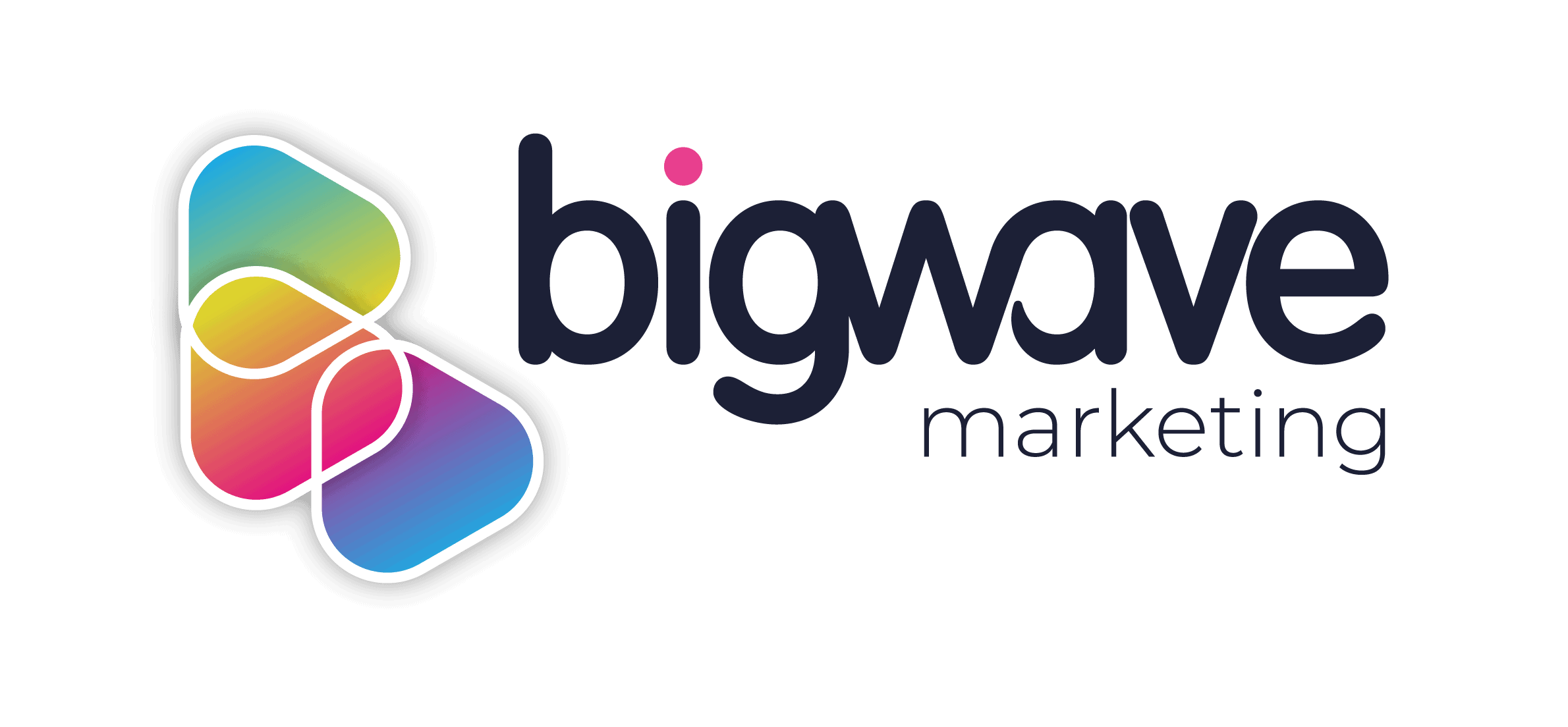Many businesses and marketers now are now integrating AI marketing systems into their daily work, to assist with tasks such as scheduling, data analysis or automation. As AI marketing is used more regularly in the workplace, it is important, now more than ever, that the ethical concerns of AI in marketing are taken into consideration.
H2-Understanding the Ethics of AI Marketing
Adopting a set of general social values that apply to a workplace setting is vital in ensuring that professional lines are not crossed when using AI, and these values and principles should be followed when setting up or using AI. Consideration should be taken to ensure that creative rights, professional integrity, and human rights are upheld throughout, just as we have done before the creation of AI.
With the growth of AI, the United Nations and research communities have created a framework for professionals to follow. A notable example is the UNESCO Recommendation on the Ethics of Artificial Intelligence, introduced in November 2021. This recommendation serves as a global standard for AI ethics.
Although there are some existing AI regulations at regional and national levels, the rapid progress of AI suggests that more government regulations are likely to emerge in the future.
The Significance of AI Ethics
AI has already begun to pay a huge role in the world of marketing, across all channels and sectors in the industry, business have begun to implement it.
Just one example of the importance of AI in marketing is its use within social media marketing. According to The 2023 State of Social Media: AI and Data Take Centre Stage report, business leaders anticipate a surge in AI investments in the upcoming years. 90% of business leaders surveys in the report where aware that the success of their business will rely on effective analysing and reacting to data collected from social media marketing, to which 97% expected AI to place a huge role in assisting in the analysing of social media data and predicting trends.
Although AI can be a fantastic tool for all areas of marketing, it does come with its limitations Misusing AI or disregarding ethical considerations can result in harm to brand reputation, product malfunctions, legal disputes, and regulatory issues.
What Are the Ethical Concerns Of AI?
Data Privacy
A major ethical concern that has been brought to the attention of marketers is customers’ data privacy. Adhering to data privacy has been a key discussion in marketing over the past decade, with some of the biggest brands, such as Facebook, being questioned on the ethical use of customer and user data.
AI relies entirely on data analysis and using machine learning algorithms, therefore when using AI, it is important that data safeguarding strategies are put in place to ensure there are no unintentional breaches of privacy or unethical methods of collecting data.
H3-Algorithm Bias
AI-driven marketing also presents ethical concerns related to algorithmic bias and fairness. This occurs when algorithms meant to deliver personalised content unintentionally reinforce bias and treats individuals in a morally objectionable way, leading to unequal or unpleasant user experiences. The data used to train these algorithms might reflect historical inequalities and cultural biases, or social prejudices.
To counter algorithmic bias, marketers can adopt strategies like using diverse data collection and validation methods. Crafting campaigns that appeal to a broader audience can also help. Regularly monitoring and reviewing algorithms can aid in identifying and rectifying unintended biases. Openly communicating about AI usage can enhance user trust.
Property and Plagiarism
Generative AI creates concerns regarding intellectual property and plagiarism. There is a possibility that AI algorithms, when trained on copyrighted material, could inadvertently generate works that replicate copyrighted content without proper authorisation.
To uphold intellectual property rights and uphold principles of fair use, both content creators and generative AI developers must navigate this complex ethical and legal landscape.
Ethical Influencer Marketing
The integration of AI into advertising and influencer marketing necessitates ethical contemplation in these domains too. Enterprises should guarantee that promotional material is sincere, transparent, and aligned with user inclinations. When collaborating with influencers, brands should emphasise genuineness and openness, explicitly revealing compensated affiliations to uphold credibility with their followers.
Using Human Oversight to Ensure Ethical Use of AI In Marketing
The best way to ensure that AI is used ethically is to continue human oversight and to use AI as an assistive tool rather than letting it do your job for you. A partnership between AI and marketers can be successful if we are diligently monitoring this emerging technology and ensuring we uphold the ethical values we set out.
How the Bigwave Team Can Help You
At Bigwave we have been excited to integrate AI into our business and we see
The Bigwave team consists of seasoned marketing professionals with extensive experience and expert knowledge. This team is adept at crafting comprehensive marketing campaigns and strategies from inception to completion. Through the combined efforts of our creative teams, website department, and marketers, we can achieve a level of success in marketing campaigns that surpasses what AI could ever achieve.
For more information on how Bigwave can help you, book a call today.

